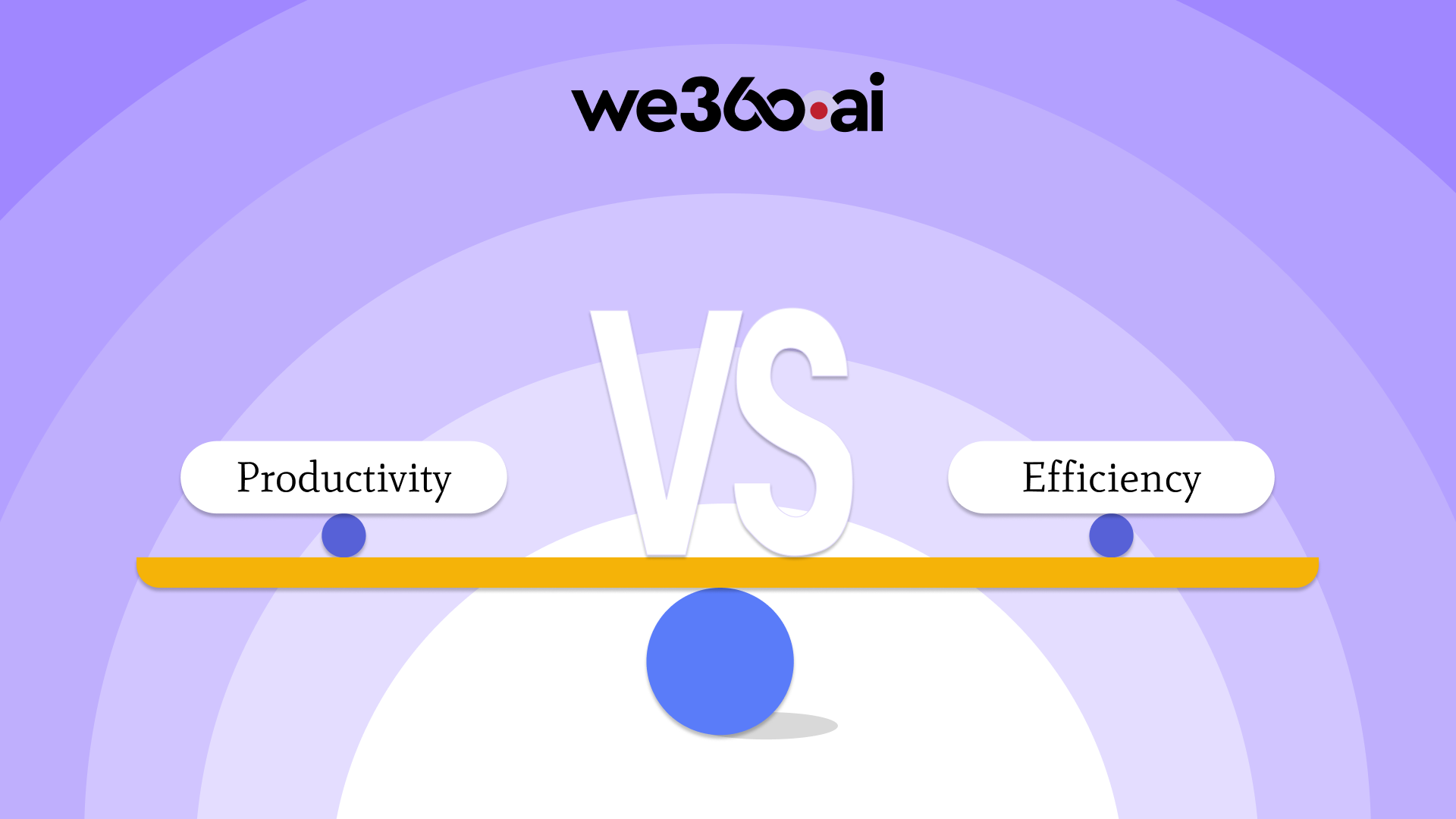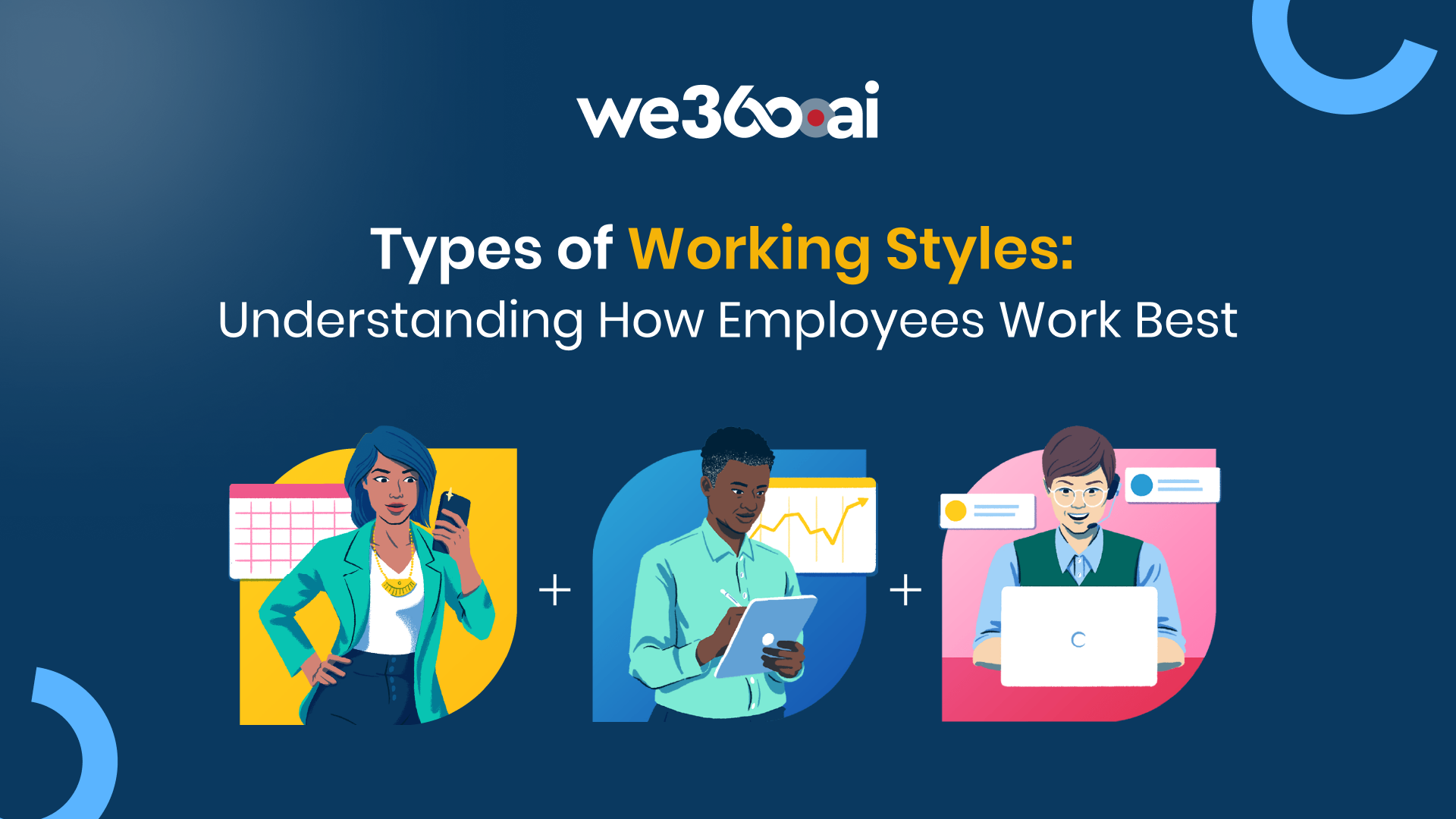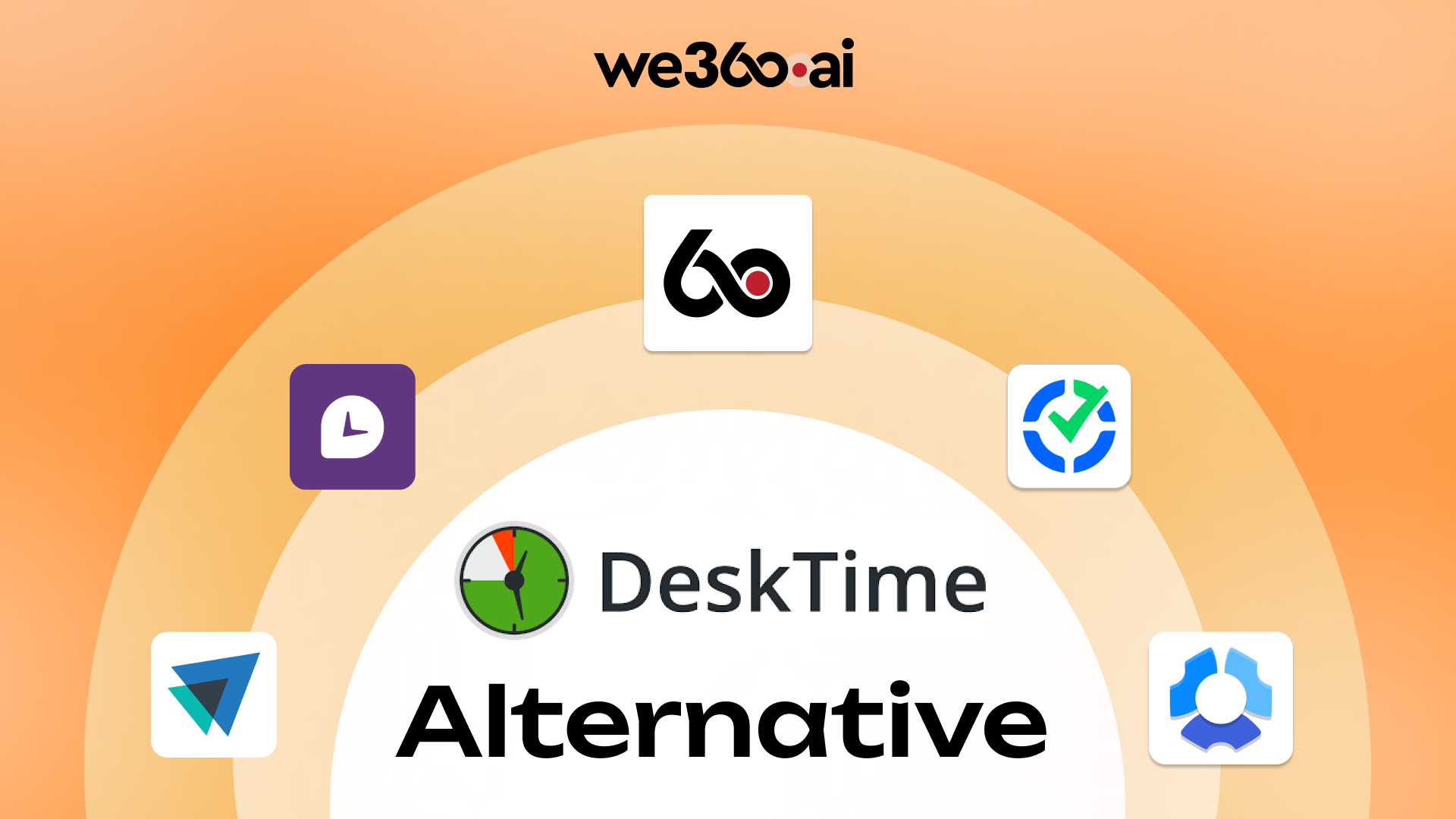“Greetings, humans! Are you worried about losing your job to ChatGPT? Do you lie awake at night, tossing and turning, wondering if your days as a customer service representative or writer are numbered? Well, fear not! As an AI language model, I may have the potential to automate certain tasks, but I'm not here to steal your jobs. In fact, I'm here to help you keep them!”
These are words from the bot himself. Then why worry!
Let’s see how you can save your jobs from ChatGPT and thrive in an increasingly digital and automated world. From upskilling and building relationships to embracing collaboration and being open to new roles and opportunities, we'll cover everything you need to know to stay ahead in the game. While it's true that ChatGPT has the potential to automate certain tasks and make certain jobs redundant, there are many reasons to be optimistic about its impact on the workforce. In this blog, we'll explore some of the jobs that ChatGPT could replace, as well as some of the ways in which it could enhance existing jobs and create new opportunities.
Exploring Jobs that are at Risk in the Era of Automation and Artificial Intelligence
- Customer service representatives: One of the most obvious applications of ChatGPT is in customer service. Companies can use ChatGPT to create chatbots that can handle basic customer inquiries and provide helpful responses. This can help reduce the workload of human customer service representatives, who can then focus on more complex issues that require human intervention.
- Data entry clerks: Another job that ChatGPT could potentially replace is that of a data entry clerk. ChatGPT is capable of processing large amounts of data and can be trained to recognize patterns and fill in missing information. This could help automate certain data entry tasks and free up human workers to focus on more important tasks.
- Translators: ChatGPT's ability to understand and process natural language makes it well-suited for translation tasks. In fact, ChatGPT can already translate text into dozens of languages with a high degree of accuracy.
- Personal assistants: Another potential application of ChatGPT is as a personal assistant. ChatGPT could be used to manage a person's calendar, schedule appointments, and even respond to emails and text messages on their behalf.
- Content creators: Finally, ChatGPT could also be used to create content such as articles, reports, and even books. Of course, if the goal is to get those articles to rank well in terms of SEO, it's best to leave the writing to a company that offers enterprise SEO services for a human touch.
As we move into an increasingly digital and automated future, it's up to us to embrace new technologies and find ways to work alongside machines in a way that benefits everyone. By doing so, we can create a future where technology and human creativity work hand-in-hand to create a better, more productive, and more fulfilling world.
ChatGPT is not a concern, instead a time saver
While some people may be concerned that this could lead to job losses, it's important to remember that ChatGPT can never fully replace the human touch. There will always be a need for human customer service representatives, content creators, personal assistants, data entry clerks, etc. to handle more complex issues and provide a personal touch that a chatbot simply can't replicate.
Some people may be concerned about the impact of automation on the workforce, it's important to remember that this could also create new opportunities for workers to learn new skills and take on more challenging roles. ChatGPT may not replace any job, it could certainly assist people by handling more routine tasks and freeing up people’s time to focus on more complex projects.
Keep this in mind, ChatGPT could certainly automate certain tasks, but it can never provide emotional support, make judgments based on context, creativity and intuition, and anticipate needs in a way that a human can.
As an AI language model, ChatGPT may have the potential to automate certain tasks and make some jobs redundant. However, there are steps that people can take to save their jobs from being replaced by ChatGPT.
How to Keep Your Job in the Face of Technological Disruption
- Upskill and learn new skills: One of the most effective ways for people to save their jobs from ChatGPT is to upskill and learn new skills that are not easily automated. This means identifying the skills that are in high demand and investing time and resources to acquire those skills.
For instance, a customer service representative may need to learn new skills such as conflict resolution, empathy, and problem-solving, which ChatGPT may not be able to replicate effectively. Similarly, a writer may need to develop skills in areas such as creativity, critical thinking, and storytelling, which may not be easily replicated by ChatGPT.
By upskilling and learning new skills, workers can position themselves to take on more challenging roles that require human creativity and intuition.
- Focus on building relationships: Another way to save jobs from ChatGPT is to focus on building relationships with customers, colleagues, and other stakeholders. ChatGPT may be able to provide helpful responses to customer inquiries, but it cannot build trust and rapport with customers in the same way that human beings can.
By building strong relationships with customers, workers can position themselves as trusted advisors who can provide personalised recommendations and solutions that ChatGPT cannot replicate.
- Embrace collaboration with ChatGPT: Rather than viewing ChatGPT as a threat, workers can embrace collaboration with ChatGPT to enhance their productivity and effectiveness. For instance, a customer service representative could use ChatGPT to automate routine tasks such as answering basic inquiries, while focusing on more complex issues that require human intervention.
Similarly, a writer could use ChatGPT to generate ideas, provide research, and even draft outlines, while focusing on the creative aspects of writing that require human intuition and judgement. By collaborating with ChatGPT, workers can create more efficient and effective workflows that combine the strengths of human creativity and intuition with the speed and accuracy of AI.
- Be open to new roles and opportunities: Finally, workers can save their jobs from ChatGPT by being open to new roles and opportunities that emerge as a result of technological advancements. As new technologies emerge, new roles and opportunities will also emerge, and workers who are willing to adapt and embrace these changes will be in a better position to thrive.
For instance, a customer service representative who learns new skills such as digital marketing or data analysis may be able to transition into a new role that combines these skills with their existing customer service experience.
Similarly, a writer who learns new skills such as video editing or podcasting may be able to transition into a new role that combines these skills with their existing writing experience.
In conclusion, ChatGPT may have the potential to automate certain tasks and make some jobs redundant. However, by upskilling, building relationships, embracing collaboration, and being open to new roles and opportunities, workers can save their jobs from ChatGPT and thrive in an increasingly digital and automated world.




















